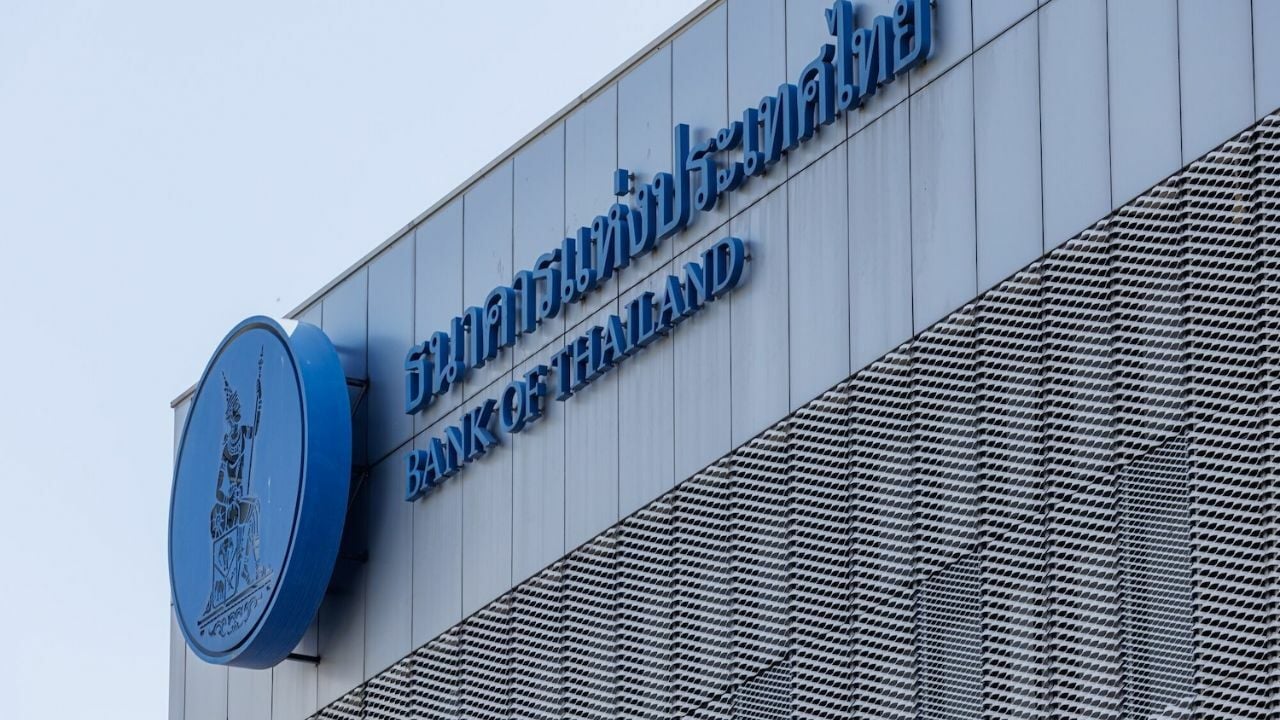

Thailand’s incoming central bank governor is being told to hit the ground running, with business chiefs demanding urgent action to cut interest rates, ease borrowing rules and stop the baht getting too strong.
Vitai Ratanakorn, head of the Government Savings Bank and set to take over the top job at the Bank of Thailand in October, has been handed a wish list from the country’s economic heavyweights as fears grow over sluggish growth and weak consumer spending.
“Tackling these problems requires joint effort,” Vitai told reporters at the Economic Reporters Association on July 19, hinting at the bumpy road ahead.
Top of the agenda? Cheaper loans, especially for small and medium-sized enterprises (SMEs), which make up the backbone of Thailand’s economy.
Kriengkrai Thiennukul, Chairman of the Federation of Thai Industries (FTI), didn’t mince his words.
“Interest rates, loan accessibility, and the baht’s value are all critical. The right moves could reduce costs, boost competitiveness and lift consumer purchasing power.”

He added that SMEs are still struggling to get loans, with tough criteria and high rates squeezing them dry.
Isares Rattanadilok Na Phuket, boss of packaging firm Altimate, also piled on the pressure, calling for a narrower net interest rate spread, the gap between what banks charge for loans and what they pay on deposits.
“Many SMEs are reliable borrowers, yet they still face punitive interest rates. It’s time that changed.”
Another pressing issue: the baht. Business leaders fear a rapid appreciation could price Thai exports out of the market and scare off foreign tourists.
Kriengkrai urged Vitai to keep the currency in check.
“A stronger baht makes Thai goods and services more expensive. That hurts both exports and tourism.”
But the incoming governor isn’t just facing short-term challenges. He’s also warned of deeper structural issues, like an ageing population, mounting household debt and ongoing political uncertainty, all of which could trigger a downturn.
Earlier this month, economists raised red flags over the risk of deflation. But the central bank remains calm, for now.
At a monetary policy forum on July 9, Surach Tanboon, senior director of the Bank of Thailand’s monetary policy department, said: “We haven’t seen any signals of deflation, even though inflation is still subdued.”
He blamed the dip on falling energy and food prices but said essentials are still creeping up, keeping the cost of living uncomfortably high.
As Vitai prepares to take charge, all eyes are on how he balances the growing demands of business leaders, worried consumers, and the weight of Thailand’s economic future.
The story Bank on change! New BoT boss to slash rates, stop baht bounce as seen on Thaiger News.
